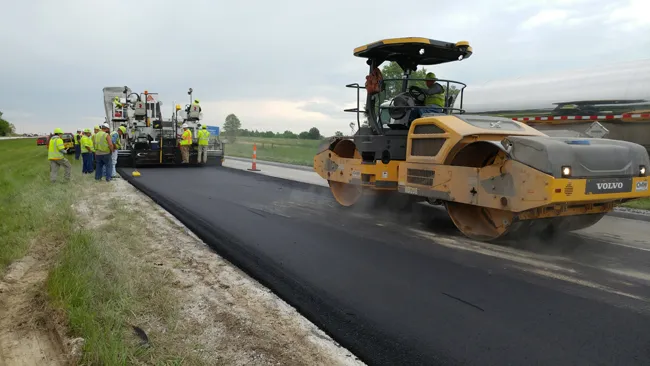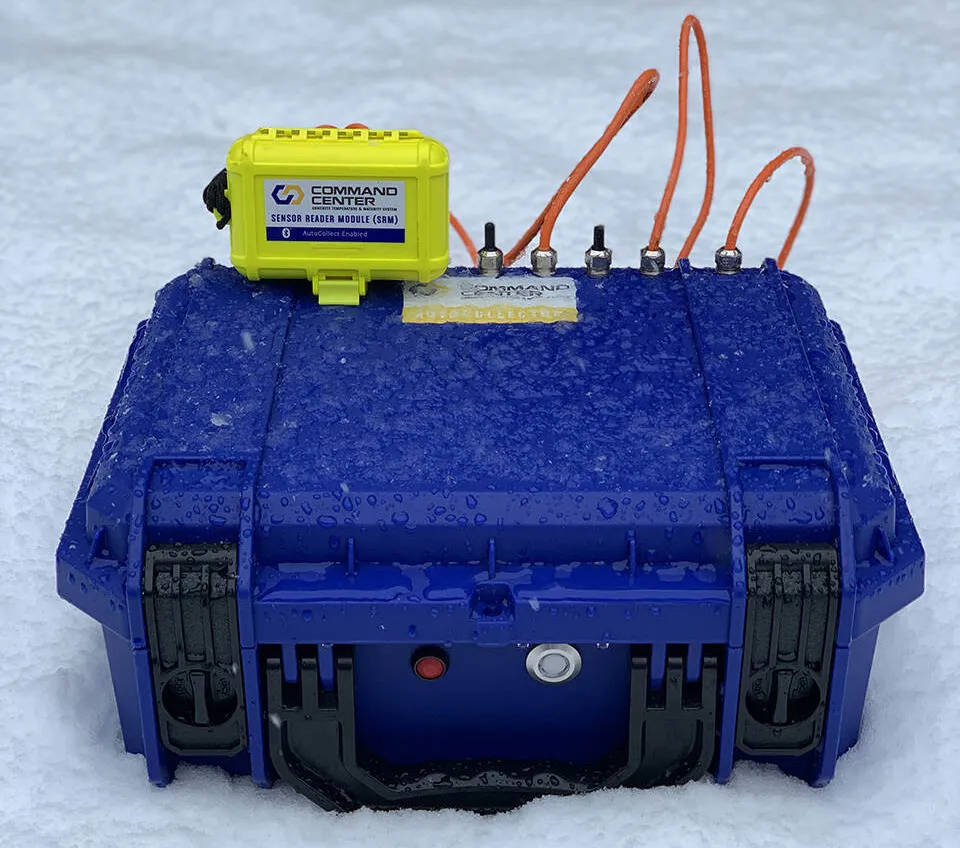Giatec’s Smart Concrete concept allows ready mix concrete suppliers to offer optimised mixes to their customers – and to charge more for them. Giatec, which makes concrete sensors and associated software and apps, works with the concrete producers to calibrate their mixes. The concrete company then supplies Giatec’s maturity monitoring sensors as part of the concrete package. “The ready mix suppliers get information straight away so that they can adjust their mixes if necessary,” says Giatec business
April 27, 2018
Read time: 2 mins
Giatec, which makes concrete sensors and associated software and apps, works with the concrete producers to calibrate their mixes. The concrete company then supplies Giatec’s maturity monitoring sensors as part of the concrete package.
“The ready mix suppliers get information straight away so that they can adjust their mixes if necessary,” says Giatec business development director Vic Perry. “It also means they can improve the efficiency of their products going forward.” So, for example, if a high early strength mix is gaining too much strength, too quickly, the producer could make adjustments and save some money.
The contractors can use data from the monitors to help inform decisions on site, such as when to strike shutters, which can lead to time and cost savings - as well as improved safety and quality. Giatec also sells its sensors and accompanying apps, known as SmartRock2, directly to contractors.
Data from the sensors can be collected via Bluetooth by holding a smartphone or tablet close to the area where the sensor’s small, square power and memory pack is located, a maximum of 5cm below the concrete surface. The system takes a temperature measurement – which can then be translated into strength – every 30 minutes and then stores it.
To date, Giatec has only rolled Smart Concrete out in North America, where it currently supplies it to 12 ready mix forms. In the future, it plans to offer the solution outside its home market too, says Perry.
Giatec reckons that there will be around 2,000 of its sensors operating around the world at any time. In the future, it hopes to use the huge amounts of data these generate. “We want to build algorithms from the data,” says Perry. “Although it’s early days. We have a lot of data, but not as much as we would like to have yet.”








